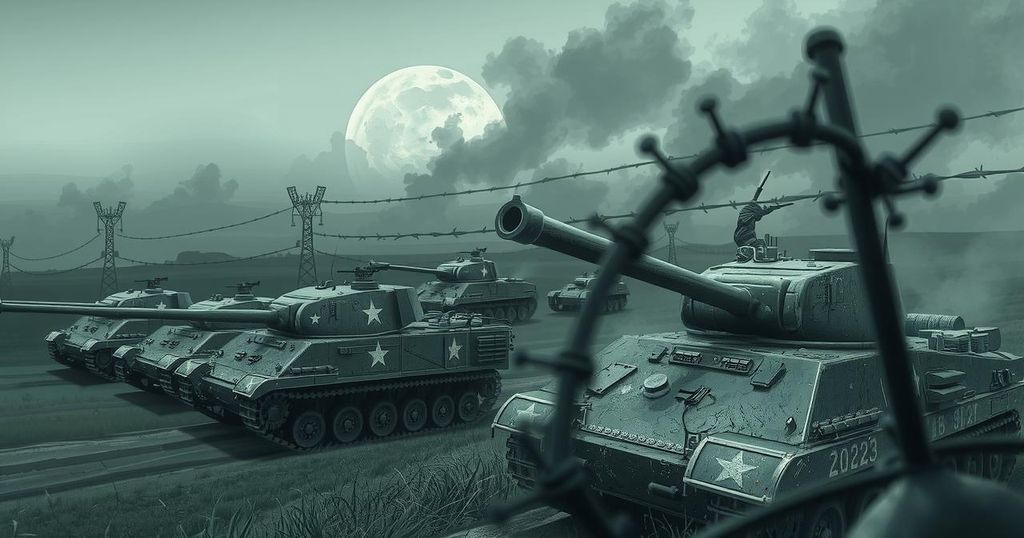North Korea Confirms Troop Deployment to Russia for Ukraine Support

North Korea has confirmed it sent troops to Russia for the first time, supporting the war against Ukraine. This confirmation follows reports from intelligence sources estimating about 10,000 to 12,000 troops were dispatched last fall. The move aligns with a mutual defense agreement between Korea and Russia, aimed at countering Ukrainian forces.
In a significant development, North Korea has publicly acknowledged for the first time that it has sent troops to Russia to aid in the ongoing conflict in Ukraine. This announcement comes amidst reports from U.S. and South Korean intelligence that estimated between 10,000 to 12,000 North Korean soldiers were dispatched to Russia last fall. Prior to this confirmation, details surrounding troop movements had been speculative at best.
North Korea’s state-operated media, the Korean Central News Agency, reported this news on Monday, stating that the action was taken following the directives of leader Kim Jong Un. This deployment reportedly aligns with a mutual defense agreement that exists between North Korea and Russia, highlighting the close ties of military cooperation between the two countries.
Kim described the intent behind the troops’ deployment as a mission to “annihilate and wipe out the Ukrainian neo-Nazi occupiers.” This aggressive rhetoric signifies the regime’s commitment to not just military support, but a strategic partnership with Russian forces in the conflict, specifically targeting areas like Kursk, which is geographically close to Ukraine.
North Korea’s confirmation of troop dispatch to Russia marks a notable escalation in its involvement in the Ukraine conflict. The deployment, described by Kim Jong Un as a collaborative effort to combat Ukrainian forces, showcases the tightening military bond between North Korea and Russia amidst ongoing geopolitical tensions. This partnership, while reaffirming their mutual defense treaty, also raises questions about the broader implications for the regional and global security dynamics.
Original Source: wsvn.com







